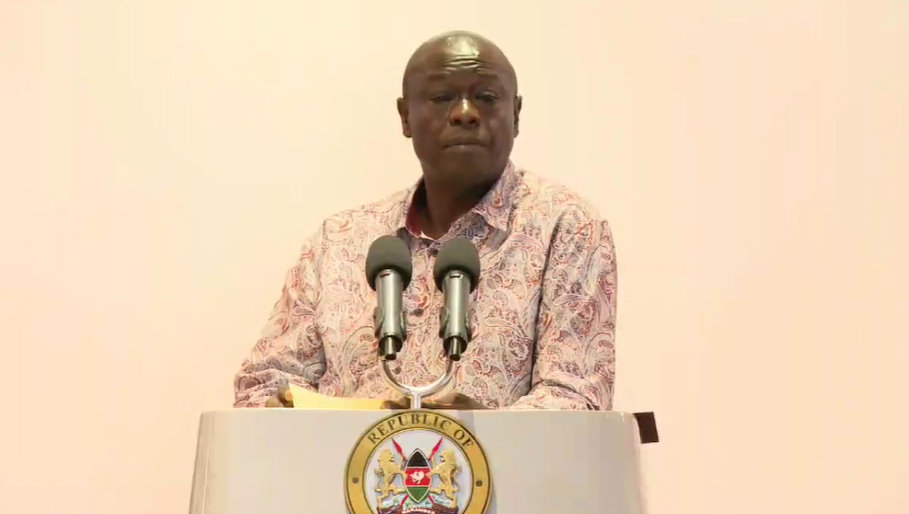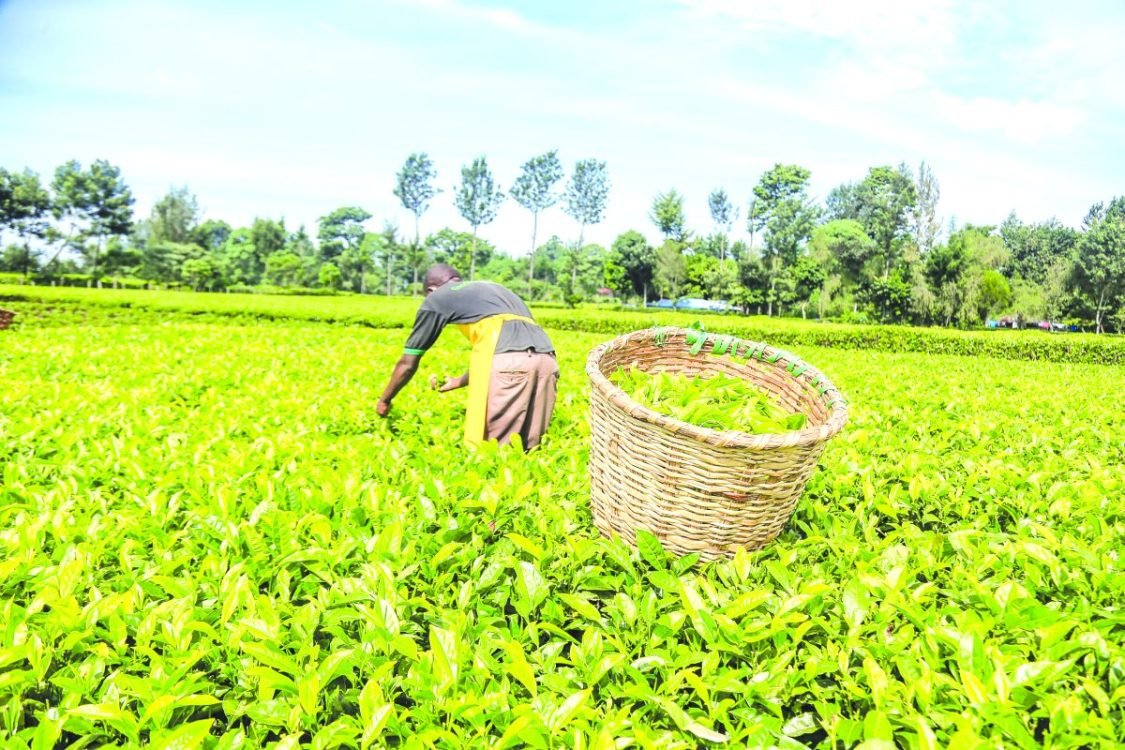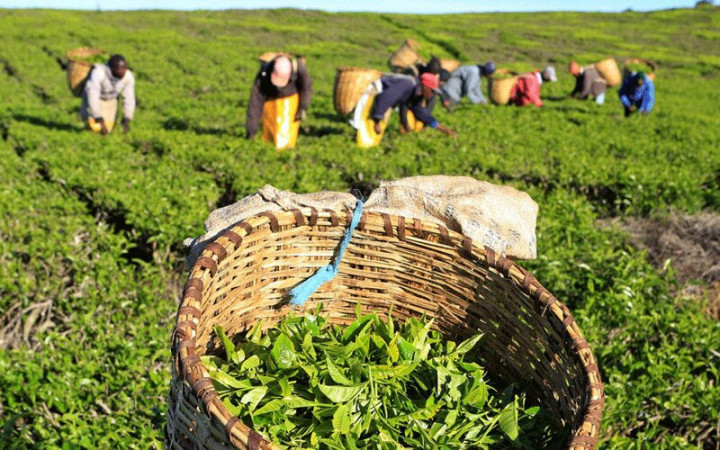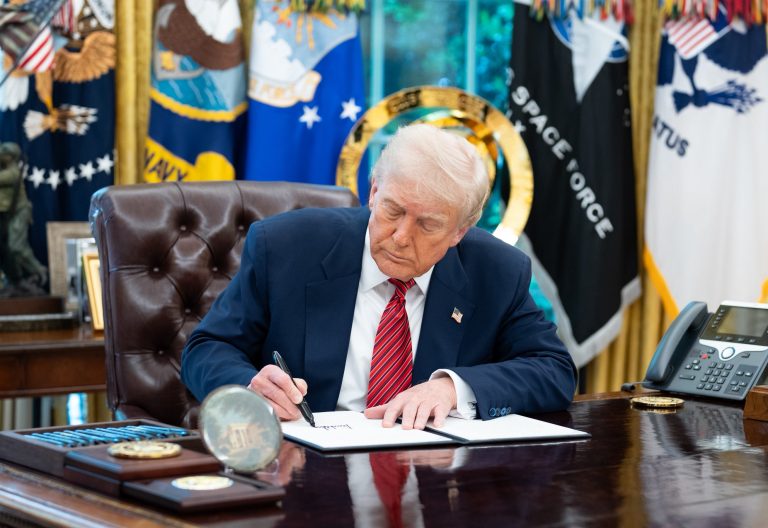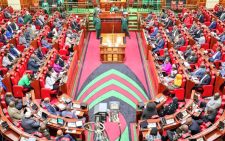KTDA seeks Sh1b in fertiliser subsidy to cushion tea farmers

COST: Kenya Tea Development Authority (KTDA) is appealing for a Sh1 billion subsidy from the government to help cushion tea farmers from high cost of fertiliser.
David Ichoho, KTDA Holdings chairman said a 50 kg bag of tea fertiliser currently retails at Sh3,072, which is too high and majority of tea farmers are unable to afford thereby negatively impacting their production.
He expressed optimistm that once the government approves the subsidy, through the ministry of Agriculture, the cost will decline slightly to Sh2,500 per 50kg bag, depending on the distance of transshipment.
“We have already made a request for a government subsidy of Sh1 billion.
That request is under consideration and we are very optimistic that the government will factor it in to help reduce the cost of fertiliser to our farmers, said Ichoho.
Ichoho was speaking during a media briefing on the sidelines of a tea sector stakeholders meeting in Mombasa.
The agency has confirmed that some 65,000 tonnes of fertiliser equivalent to 1.7 million 50 kg bags of fertiliser have arrived at the Port of Mombasa and transshipment to various areas of the country has begun in earnest.
“As we talk already some companies have received fertiliser, and it’s being transported from the port through the Standard Gauge Railway to cut cost and ensure efficiency.
This is the first time we are using the cargo train because it’s efficient,” said Ichoho.
The agency has also decried fertiliser deficit of about 400,000 bags countrywide.
Many farmers are stranded from the fertiliser cost, therefore impacting production of tea from farmers.
Fill the deficit
“We were expecting a total of 1.7 million bags of 50 Kg but what we were able to get is 1.3 million bags, so we have a shortage of about 400,000 bags, and we have advertised for procurement so that we can see whether we can fill the deficit within the standards required,” said Ichoho.
He reiterated that tea sub-sector reforms are inevitable as it seeks to streamline the multi-billion sector.
“There is no victimisation in the restructuring; ideally there are short- term and long-term objectives which are implemented systematically,” he said, adding that among the reforms is the full implementation of Tea Act 2020.
